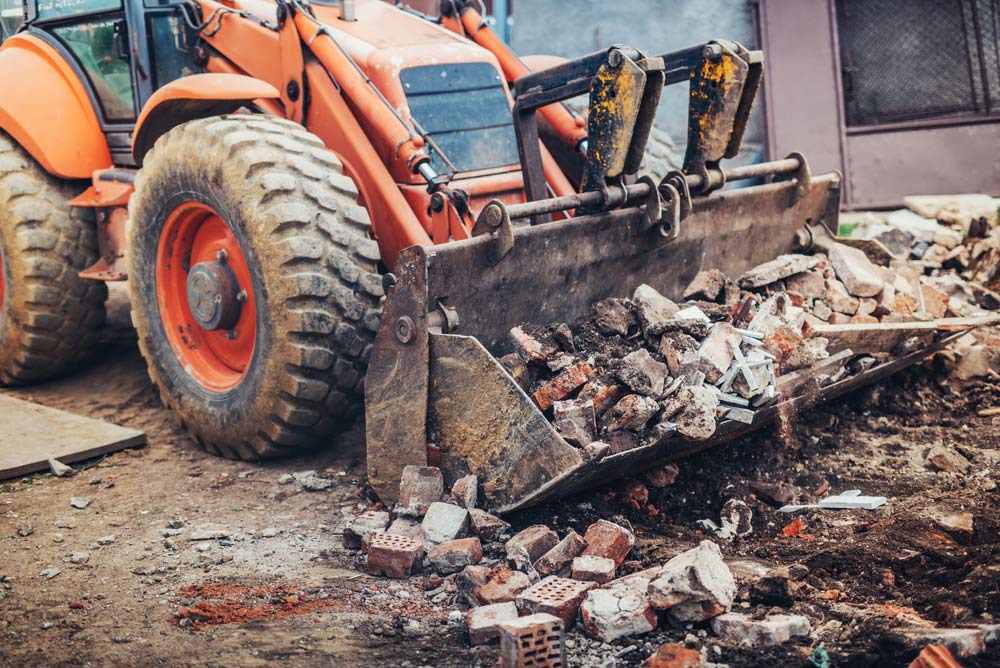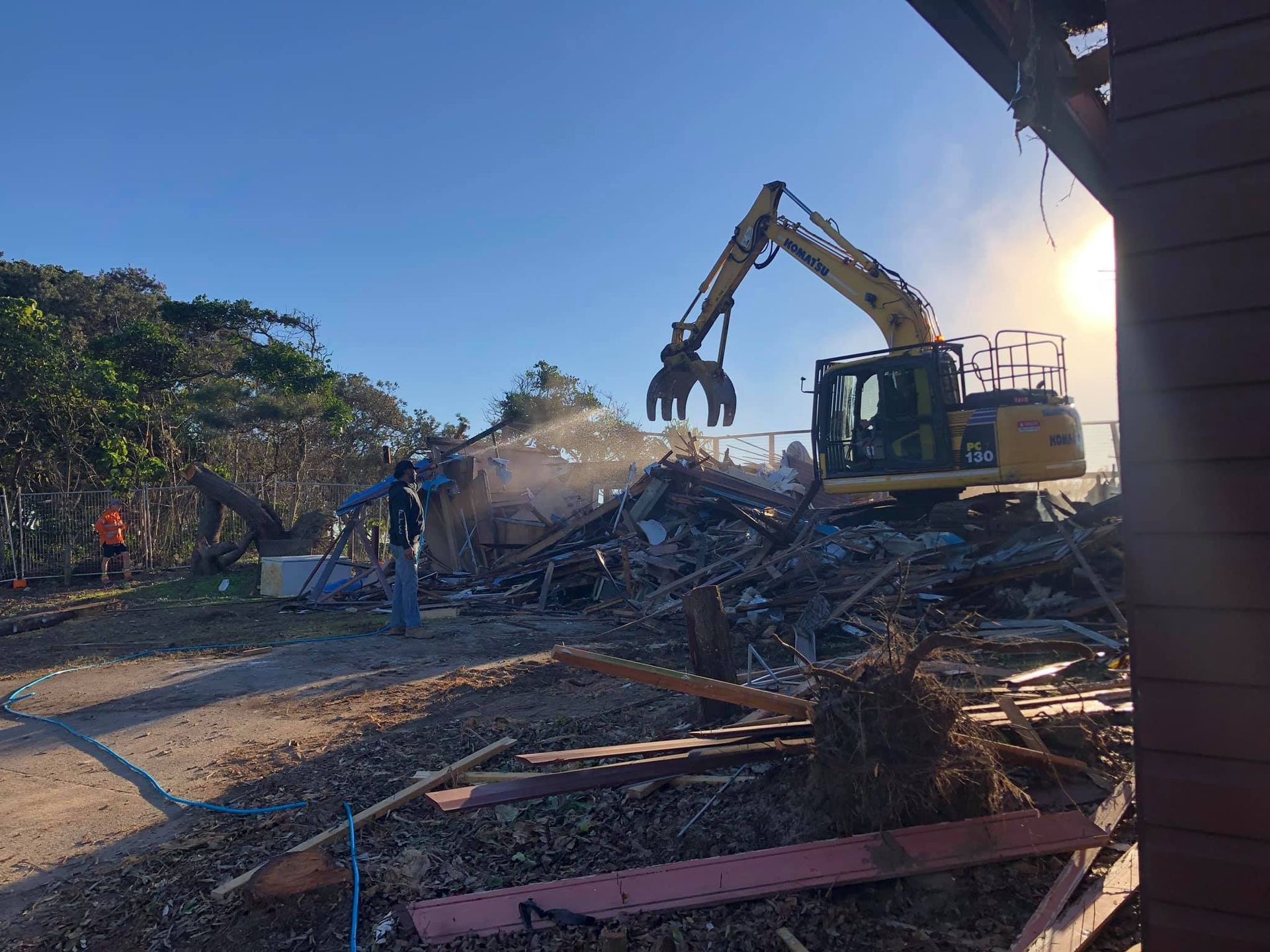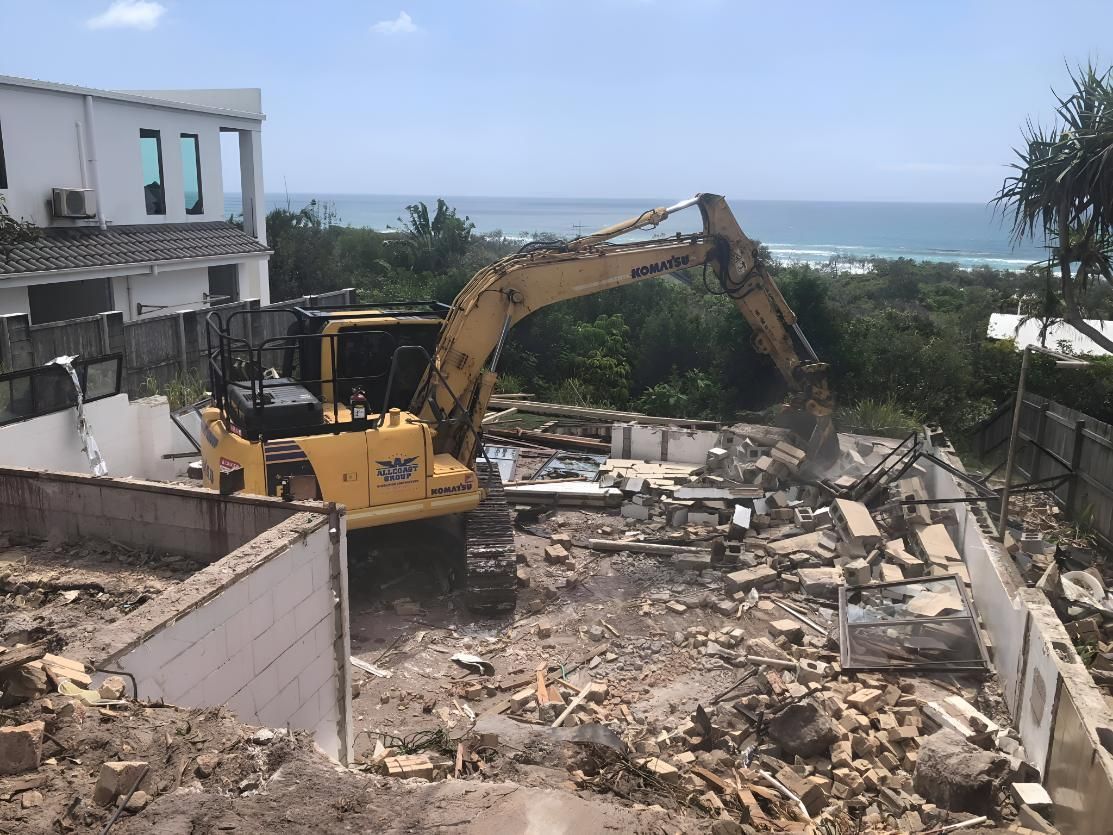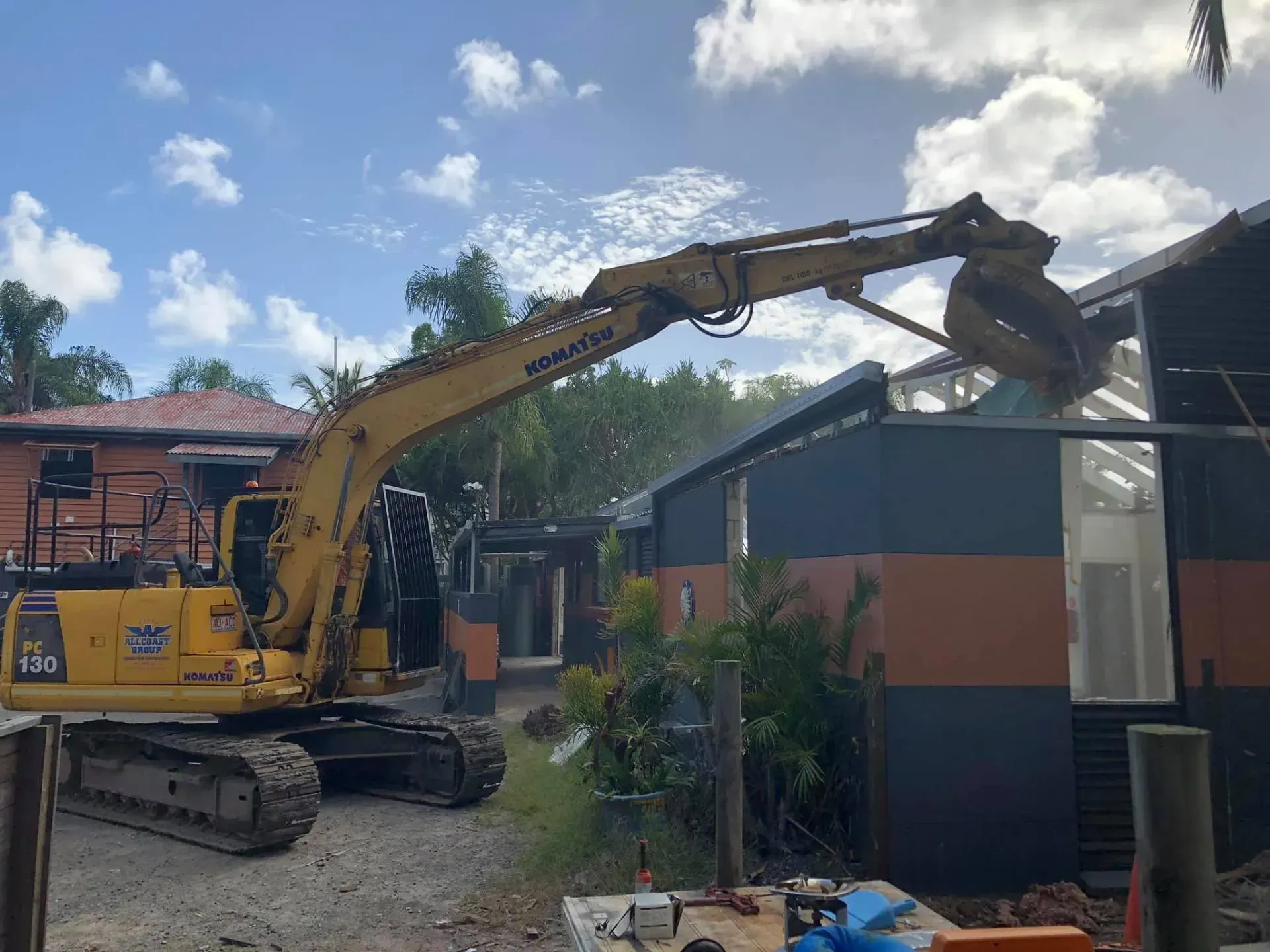The Importance Of Sustainability In Demolition
Sustainability in the construction industry is always big news, but much less is said about the equally important topic of sustainability in demolition. Careful demolition that's completed with sustainability as the end goal can make a real difference to the quality of the environment on a number of levels. Read on to discover some of the key benefits that sustainability in demolition provides.
A supply of materials for re-use on construction projects
Many building materials, including roofing tiles, bricks, cement, glass, steel and timber can be successfully reclaimed from the demolition of older buildings. These materials can then be reused safely and easily in fresh construction projects. Whilst there are some materials (asbestos is a notable example) that can't be reused, a surprising number have sufficient integrity to become part of a 21st-century development.
Materials for recycling
Some demolished materials can be reused as they are; others can be broken down or otherwise processed to make new materials. For example, larger pieces of masonry can be crushed to create smaller chunks that can be used as hardcore; glass and metals can both be melted down and reformed into fresh material. Demolishing buildings responsibly ensures as much of the demolished material as possible ends up being usefully repurposed.
Reducing landfill
If materials that were previously classified as waste are now being usefully recycled, the amount of demolition debris reaching landfills decreases. Given there's a dire need to stop filling the country up with waste, sustainable demolition is vital.
Keeping construction and demolition costs low
Construction and demolition cost money. If the cost of raw materials can be cut by using recycled options, or by using reclaimed materials that are local to the construction site (reducing transportation), it's possible to keep costs low.
As reclaimed materials frequently require only minimal processing before they can be reused, they help to keep the level of damaging emissions (such as carbon dioxide or sulphur dioxide, both products of fossil fuel use) low. Although the demolition process almost inevitably requires the use of some fossil fuel (for example, to power large-scale plants), the overall carbon footprint of a demolition project can be reduced through the use of reclaimed materials in another project.
Providing unique, attractive properties
A property that's made from recycled or repurposed materials isn't just likely to be cheaper to construct, it's also got an advantage in the market. In general, buyers prefer properties that are built sustainably. Not only are they better for the planet, but skillfully used, repurposed materials can provide a building with unique aesthetic appeal. Particularly when the repurposed materials capture the spirit of an area, they help to create a story in the built environment that's enormously attractive. Without sustainable demolition, sustainable construction becomes harder to achieve.
Planning and executing demolition projects in a sustainable manner ensures that both the process itself and the products of demolition have a minimal negative impact on the environment. The Allcoast Group Demolition Contractors is committed to putting sustainability at the heart of every demolition project it completes.










